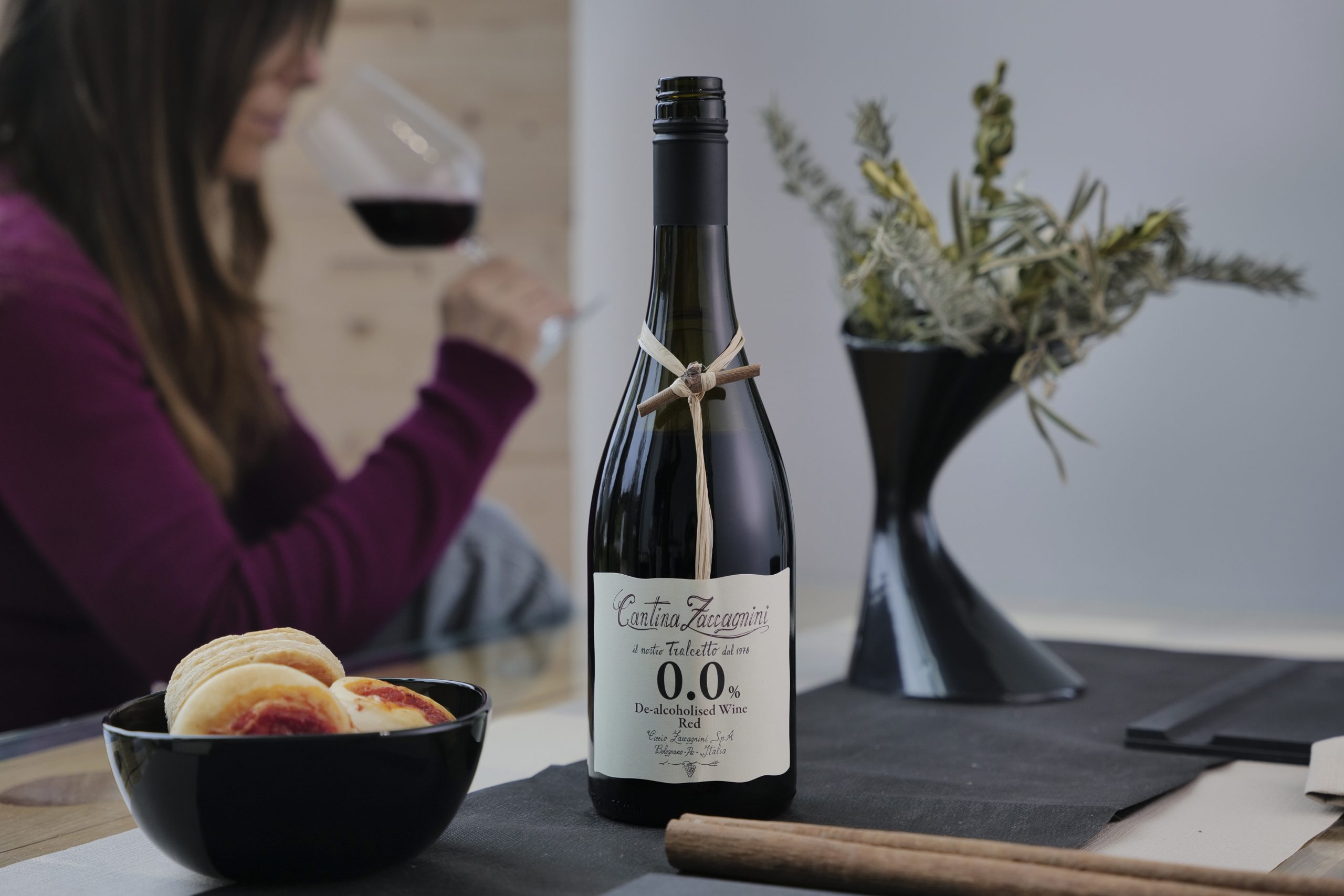50th anniversary of Champagne case
Fifty years ago today a legal judgement was announced which set a powerful precedent in the protection of the term Champagne and, as a result, other geographical indications of origin.
The case, brought collectively by the Champagne producers against the Costa Brava Wine Company for Perelada “Spanish Champagne”, established in English law what is now called “extended passing-off” to protect a product defined by source and style.
David Sills, solicitor at London’s Lee Bolton Monier-Williams and current master of The Worshipful Company of Distillers, was involved in this landmark trial, and told the drinks business how Champagne’s desire to safeguard its name set an important legal precedent.
It was, however, far from a smooth ride and Sills admitted that the first attempt to protect Champagne failed because the Perelada product was clearly labelled Spanish.
Nevertheless on 16 December 1960 – exactly 50 years ago – a judgement was awarded in Champagne’s favour: it was decided that Perelada’s label suggested Champagne could come from Spain, and that the Champagne region’s reputation could be damaged by this misrepresentation.
Hence, on this day, 50 years ago, The Costa Brava Wine Company was given 48 hours to relabel its entire Christmas stock of Spanish sparkling.
Partner Content
Presently, Sills is still fighting to protect wine-producing regions around the world, because, as he explains, “If you let something go you can never tell where it will end up – it is the law of unintended consequences.”
With Champagne particularly, he points out, “While it’s true that at the moment the Champenois can sell every bottle they can make – this may not remain the case and if the name is pirated in other countries, such as India and China, it could have a very adverse effect in the future.”
For a profile of David Sills and analysis of the “Champagne Case” see December’s issue of the drink business (pages 92-93)
Patrick Schmitt, 16.12.2010




